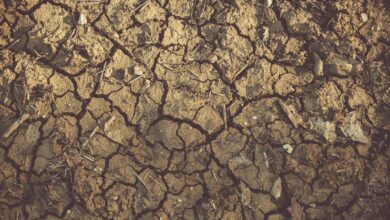Ahead of Plastic Free July: How to Prepare and Participate
As someone who has always been environmentally conscious, I was thrilled to discover Plastic-Free July. This is an initiative that challenges individuals to reduce their consumption of single-use plastic for the entire month of July. As we all know, plastic pollution has become a major environmental issue, and it's time for all of us to take action. In this article, I'll be discussing the problem with plastic pollution, the benefits of participating in Plastic-Free July, and offering tips on how to reduce your plastic use in daily life.
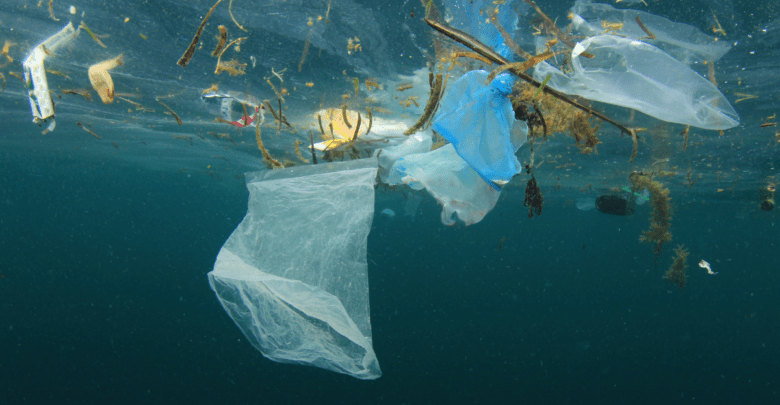
The Problem with Plastic Pollution
Plastic pollution is a global issue that affects the environment, wildlife, and human health. Every year, millions of tons of plastic waste end up in our oceans, killing marine life and damaging ecosystems. Plastic takes hundreds of years to decompose, and as it breaks down, it releases harmful chemicals that can contaminate soil and water. Plastic pollution is not only an environmental problem but also a human health issue, as these toxic chemicals can enter our food chain and harm our health.
Benefits of Participating in Plastic-Free July
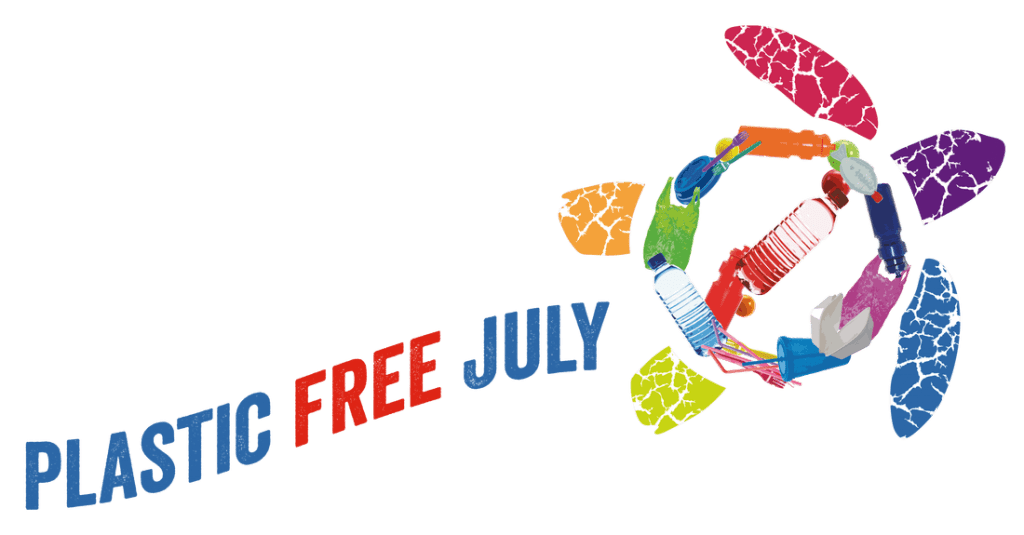
Participating in Plastic-Free July can have a significant impact on the environment and your personal well-being. By reducing your plastic consumption, you’re helping to reduce plastic pollution and protect our ecosystems. You’ll also be reducing your carbon footprint, as the production and disposal of plastic contribute to greenhouse gas emissions. Additionally, you’ll be saving money by cutting back on single-use plastic products, which can be expensive and wasteful.
How to Participate in Plastic-Free July
Participating in Plastic-Free July is easy and can be done in a variety of ways. Start by identifying the single-use plastic products you use most frequently, such as straws, water bottles, or plastic bags, and look for alternatives. Opt for reusable bags, bottles, and utensils, and choose products made from sustainable materials like glass or bamboo. You can also reduce your plastic consumption by avoiding products with excessive packaging and supporting local businesses that prioritize sustainability.
Tips for Reducing Plastic Use in Daily Life
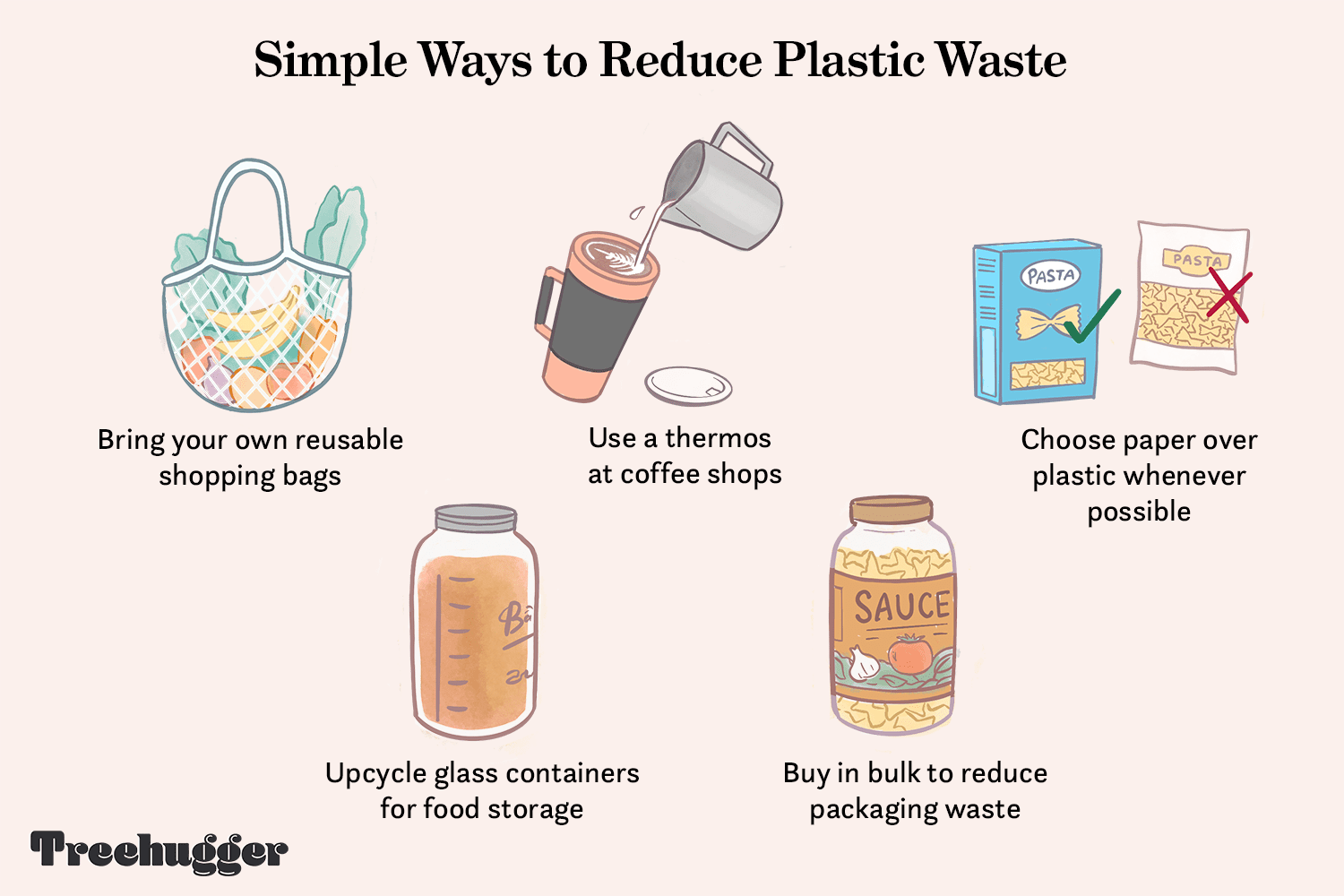
Reducing your plastic use in daily life may seem daunting, but small changes can make a big difference. Start by bringing your own bags to the grocery store and carrying a reusable water bottle with you. Choose products that come in recyclable or compostable packaging, or buy in bulk to reduce packaging waste. Avoid single-use plastics like straws and utensils and consider investing in reusable alternatives. You can also make your own cleaning and personal care products using natural ingredients to avoid plastic packaging.
Alternatives to Single-Use Plastic Products
There are many alternatives to single-use plastic products that are both eco-friendly and cost-effective. For example, you can use beeswax wraps instead of plastic wrap, switch to bamboo or metal straws instead of plastic ones, and use reusable silicone food storage bags instead of plastic bags. You can also choose products made from sustainable materials like glass, stainless steel, or natural fibers like cotton or hemp. These alternatives are not only better for the environment but also more durable and long-lasting.
The Impact of Plastic-Free July on the Environment
The impact of Plastic-Free July goes beyond just one month of reduced plastic consumption. By participating in this initiative, individuals can create a ripple effect that inspires others to make positive changes in their own lives. Small changes add up, and by reducing your plastic use, you’re helping to create a cleaner and healthier environment for future generations. By supporting sustainable practices and businesses, we can work towards a more sustainable future.
Success Stories of Plastic-Free July Participants
Plastic-Free July has inspired countless individuals to make positive changes in their daily lives. Some success stories include individuals who have completely eliminated single-use plastics from their lives, families who have reduced their waste by over 50%, and businesses that have implemented sustainable practices and reduced their carbon footprint. These success stories show that small changes can make a big impact and that we all have the power to create positive change.
Challenges Faced During Plastic-Free July and How to Overcome Them
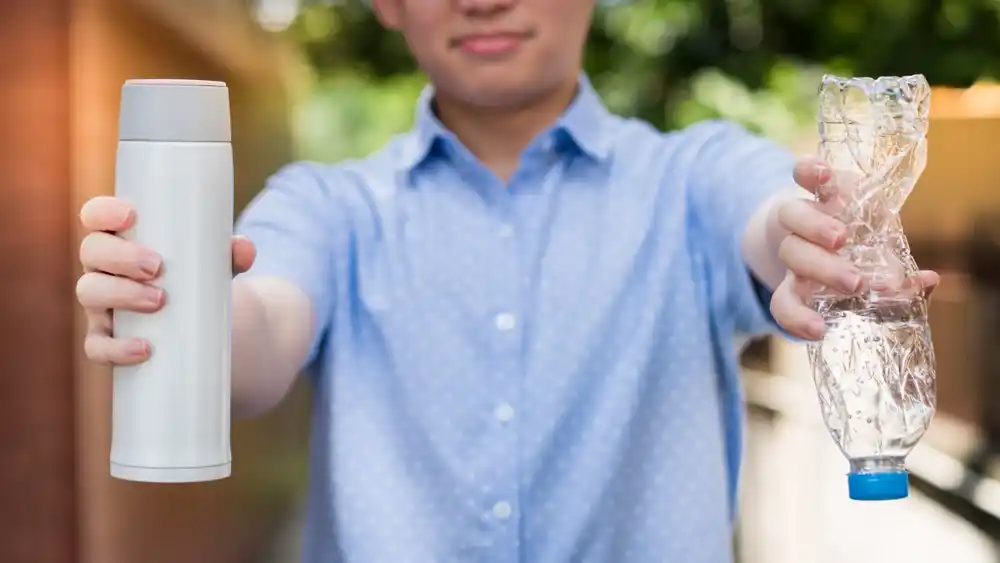
Participating in Plastic-Free July can come with its own set of challenges. It can be difficult to find alternatives to single-use plastics, and it can be challenging to break habits that we’ve developed over a lifetime. However, by starting small and making gradual changes, we can overcome these challenges. It’s important to remember that no one is perfect, and even small changes can make a difference. Additionally, there are many resources available, such as Plastic-Free July’s website, that offer tips and support for reducing plastic consumption.
Conclusion and Call to Action to Continue Reducing Plastic Use Beyond July
In conclusion, Plastic-Free July is an excellent initiative that can help individuals reduce their plastic consumption and create positive change in the world. By reducing our plastic use, we can protect our environment, support sustainable practices, and create a healthier future for ourselves and future generations. I encourage everyone to participate in Plastic-Free July and to continue reducing their plastic use beyond this month. Together, we can make a difference and create a more sustainable world.
Join me in breaking up with plastic this July and beyond! Let’s reduce our plastic consumption and create a healthier future for ourselves and the environment.
Plastic-Free July FAQs
Here are the most common questions about July being a plastic-free month
Q: Is July a plastic-free month?
A: Yes, July is commonly recognized as Plastic-Free Month.
Q: What is the Plastic-Free July movement?
A: The Plastic-Free July movement is a global initiative that encourages individuals, communities, and organizations to reduce their plastic consumption and waste during the month of July. It aims to raise awareness about the environmental impact of plastic and promote sustainable alternatives.
Q: How can I have a plastic-free July?
A: Having a plastic-free July involves making conscious choices to minimize or eliminate the use of single-use plastics. Here are some tips to achieve a plastic-free July:
- Bring your own reusable shopping bags.
- Use a refillable water bottle instead of buying bottled water.
- Say no to plastic straws and bring your own reusable straw if needed.
- Avoid single-use plastic cutlery and carry a set of reusable utensils.
- Opt for reusable containers and bags for food storage and transportation.
- Choose products with minimal or no plastic packaging.
- Support local farmers’ markets or bulk stores that offer plastic-free options.
- Spread awareness and encourage others to join the plastic-free movement.
Q: What is Single-Use Plastic July?
A: Single-Use Plastic July refers to the specific focus within the Plastic-Free July movement on reducing or eliminating the use of single-use plastics throughout the month of July. Single-use plastics are items designed to be used once and then discarded, such as plastic bags, straws, disposable cutlery, and packaging. By avoiding these items and finding reusable alternatives, individuals can help reduce plastic waste and its harmful effects on the environment.

